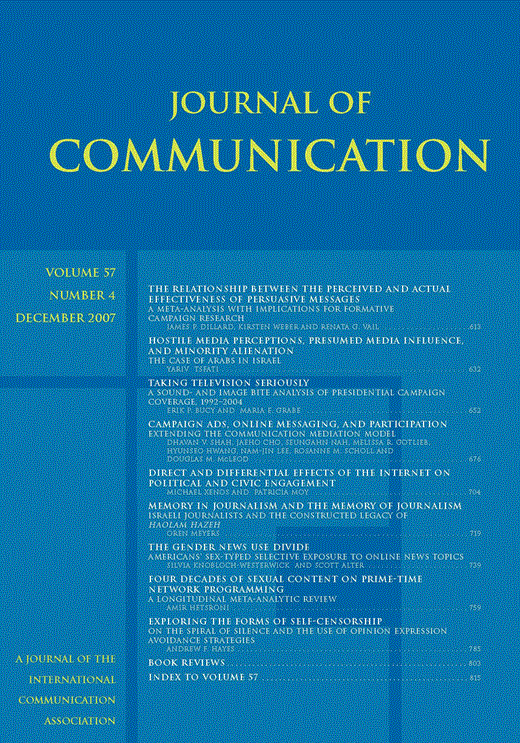-
Views
-
Cite
Cite
Peter Lunt, Sonia Livingstone, Rethinking the Focus Group in Media and Communications Research, Journal of Communication, Volume 46, Issue 2, June 1996, Pages 79–98, https://doi.org/10.1111/j.1460-2466.1996.tb01475.x
Close - Share Icon Share
Abstract
The focus group is a research method frequently used in the social sciences. It is particularly useful when researchers seek to discover participants' meanings and ways of understanding. In this paper, we relate the history of the focus group as a research tool, from its original uses by Lazarsfeld and Merton in early communications research to its decline in usage as social science research became more quantitative and experimental. We explore the recent revival of the focus group in audience reception studies, review contemporary uses of focus groups conducted within the critical tradition, and reappraise the method and its appropriateness for media and communications research. We argue that the focus group discussion should be regarded as a socially situated communication and discuss the various relations this may bear toward different approaches to mass communication, together with their implications for research practice.





